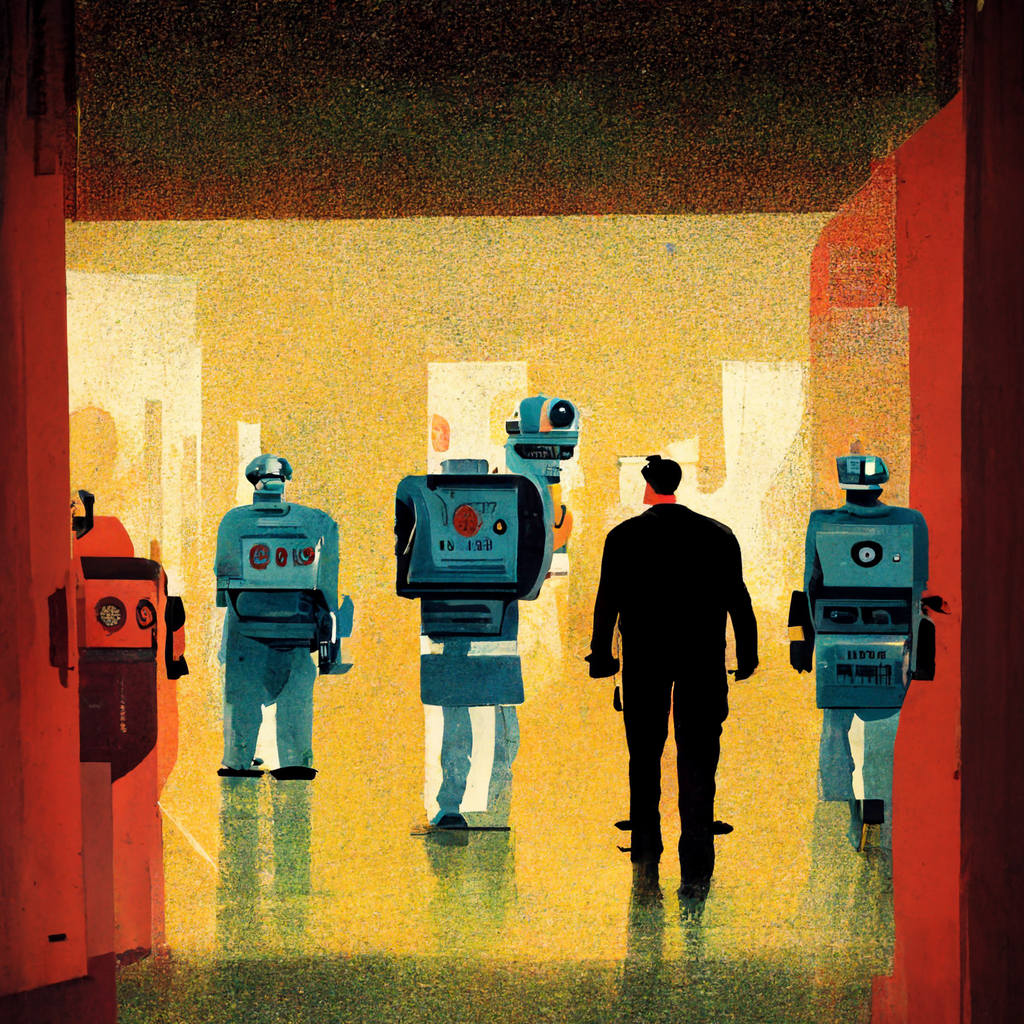“Give us a bag of money and go away.” That seems to be the thinking of most in the #NoEstimates movement. They have, of course, misunderstood the original concept, just like people who claim to do Agile when all they’ve done is to do away with the documentation. I agree that estimation is hard and software is complex, but asking the business to commit money for unknown benefits in the uncertain future represents monumental hubris. The real world works by comparing costs and benefits, even though both cannot be evaluated exactly.
I’ll be meeting some of the best and brightest IT architects in Denmark at the annual Software Architecture Open Space next week. This is an open-format conference, and I noticed some of the other participants have already brought up estimation and #NoEstimates as a topic. I’m looking forward to an interesting discussion. If you are in the vicinity of Copenhagen on Nov 3rd, I encourage you to participate in SAOS as well. You’ll surely learn something.










